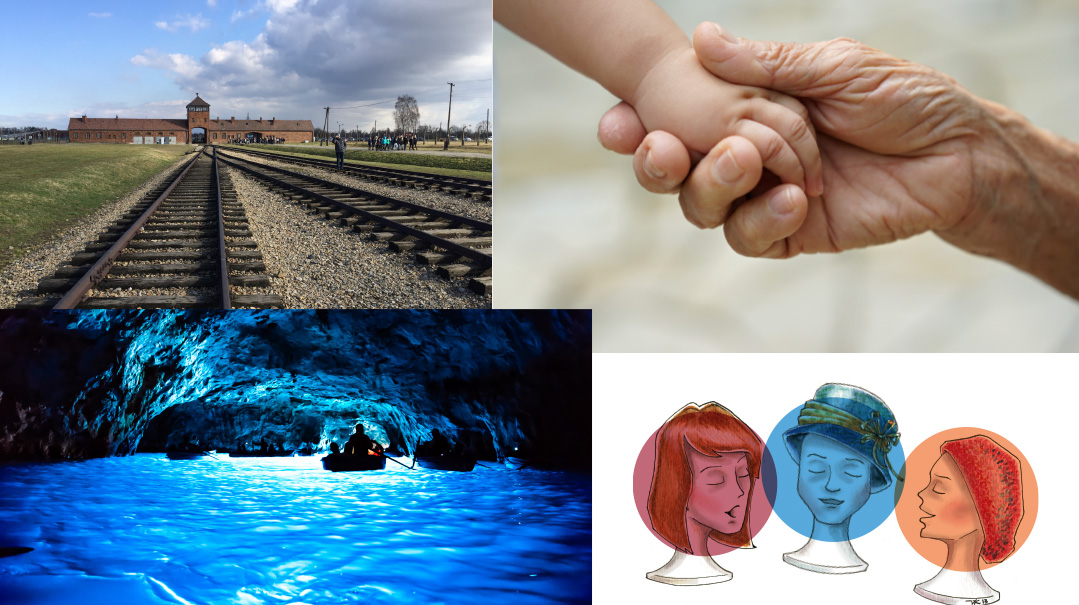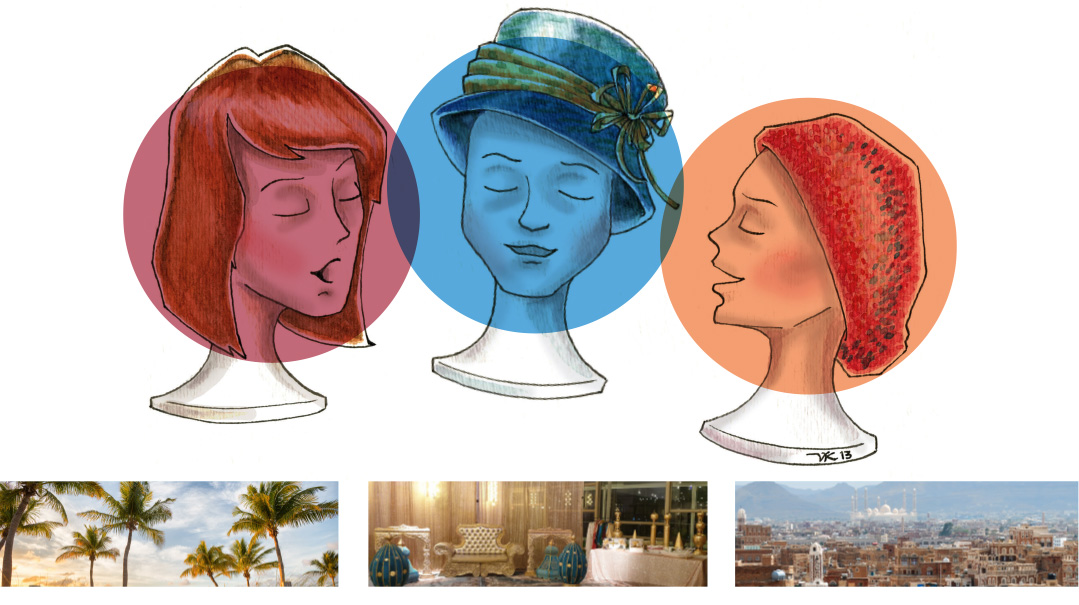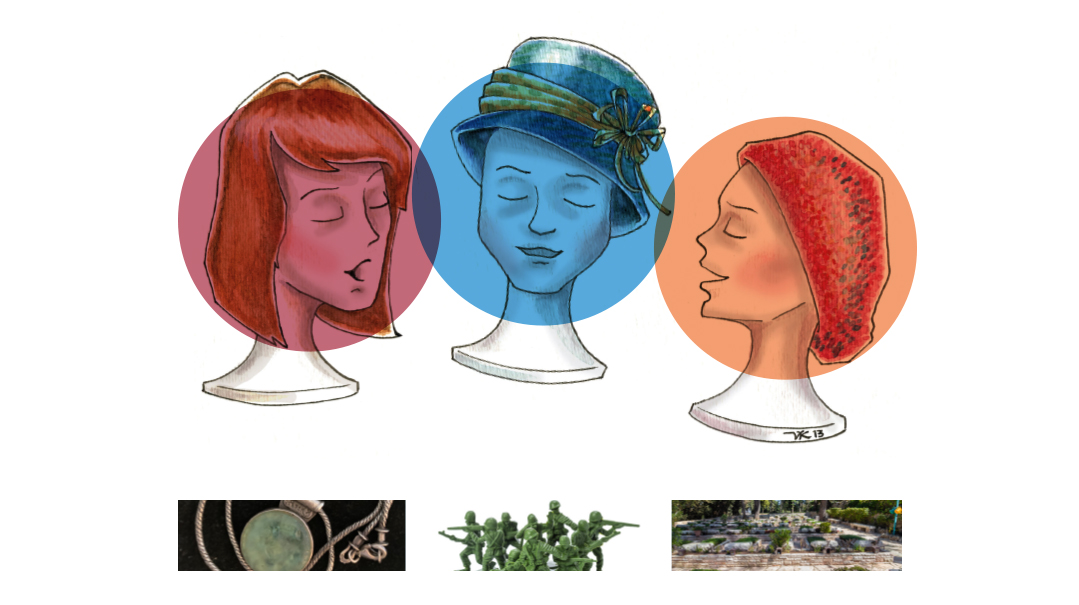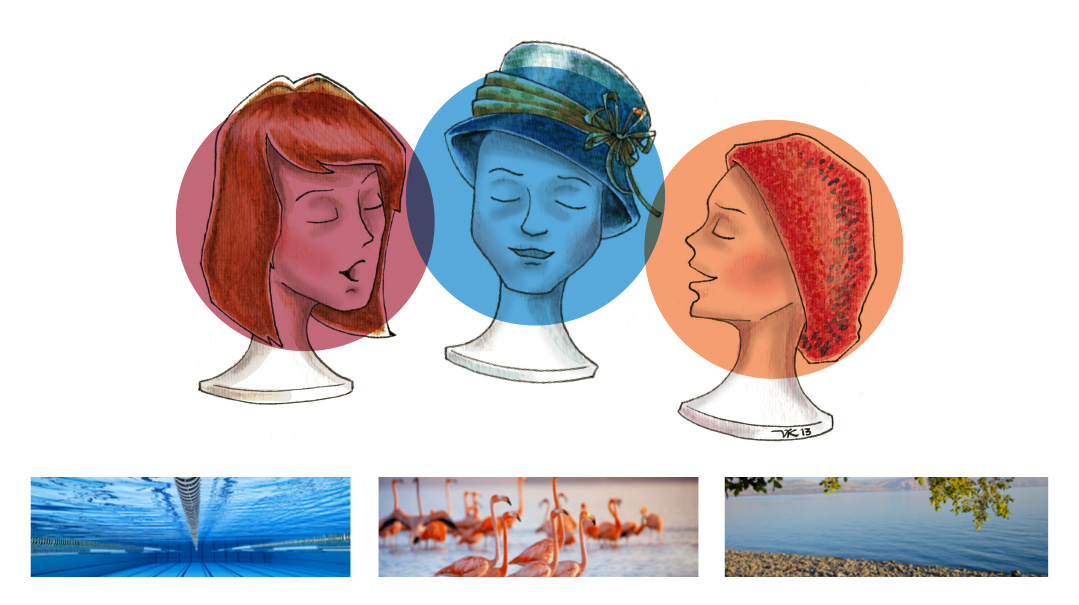Lessons for Life
| October 18, 2022Sometimes there are lessons taught in classrooms that don’t show up on school board curricula
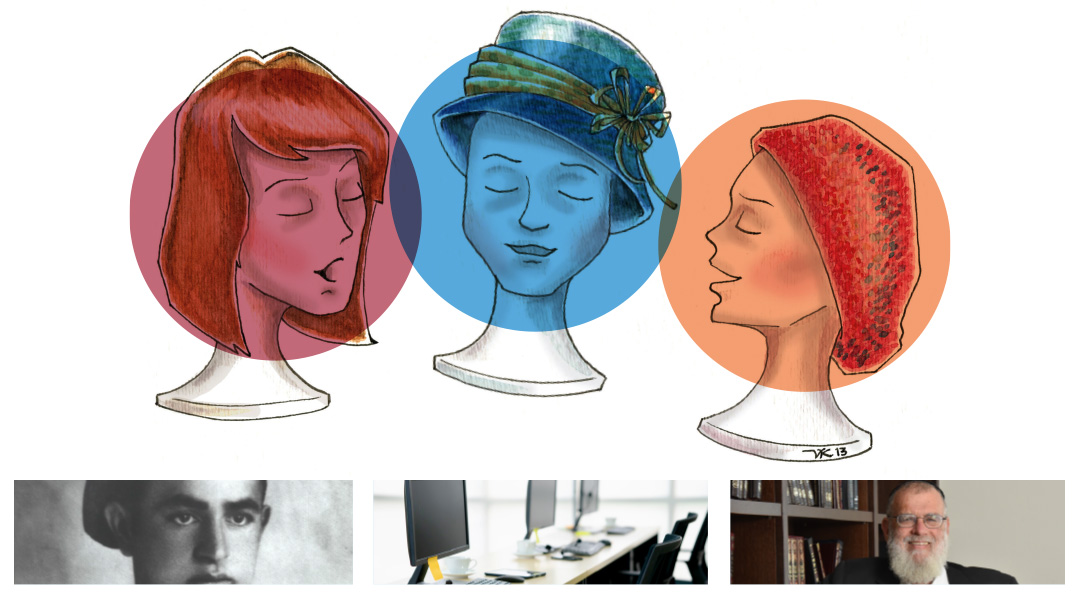
The Three “Rs”: Reading, ‘Riting, and ‘Rithmetic. That’s what they told us had to be taught in school. (Obviously spelling wasn’t high on the list). Nowadays, the secular curriculum craze has switched to STEM: Science, Technology, Engineering, and Math.
We Sisters have no problem with any of these subjects (though if the “S” in STEM stood for Schmoozing, we’d definitely be top of the class). But we do know that sometimes there are lessons taught in classrooms that don’t show up on school board curricula or in a teacher’s formal lesson plan book.
Come join us in a classroom where the voices of two generations combine to help young pupils internalize the message of our People’s most tragic — and most heroic — era in modern history. Sign up for an online course in technology and watch one student fail the first assignment — and learn a lesson about who she really is. And peek into a series of classrooms and learn from a master teacher what we really should be teaching our children in school.
Okay, turn the page… class is about to begin….
Marcia discovers...
Lessons from the Shoah
She realized the Holocaust was becoming forgotten — even denied. So our mother, Rose Stark a”h, resolved to preserve the memories. By writing. By speaking.
Now, she’s gone. How do I continue that mission? Through Yom HaShoah presentations at schools. Each time I prepare, I consult mentally with Mommy.
Mommy, I’m second generation. I didn’t live through your horrors, thank G-d. How do I transmit your messages to the next generation?
Her voice pops into my head: Why do you think I wrote about so many recollections? Use my voice!
I pepper each presentation with excerpts from her treasure trove of writings, often opening with an attention-getter borrowed from her:
“How many Jews were killed in the Holocaust?”
“Six million!” shout 200 fifth- and sixth-graders.
“Wrong!” I respond. “There were six million and one.”
I then read from an article my mother wrote, entitled “Six Million and One.” The “one,” Mommy explains, was her mother, Malka — the grandmother after whom I’m named. “My mother — and, for that matter, anyone’s mother — should not become a statistic,” she wrote. “People do not realize what it means when we say six million.” Mommy then describes my Bubby Malka’s many extraordinary acts of chesed in prewar Munkatch.
Thanks, Mommy. That number has now turned into real people for the kids. But I can’t just keep reading to them. How can I convey the horror without traumatizing them? You were so good at speaking age appropriately.
Oops! We could not locate your form.


